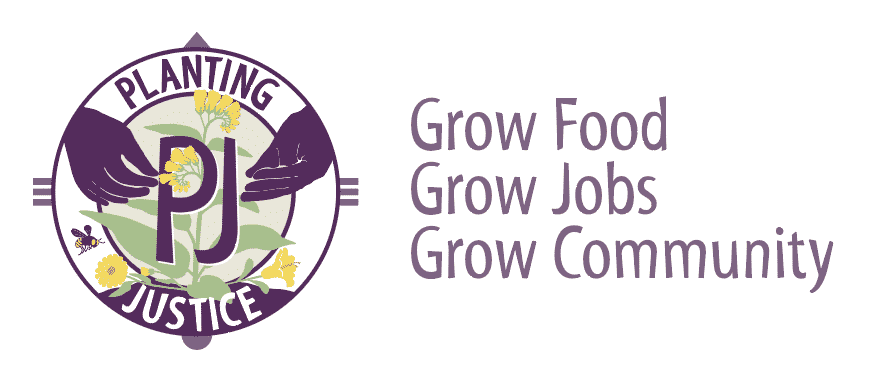The Need for Racial Equality within the U.S. Food System
By Haleh Zandi
January 2009
According to the 1997 Census of Agriculture, there are 18,000 African American farmers in the United States, which is a decline of 98% since 1920 (Wood and Gilbert 2000). The Pigford settlement, brought forth in 1999, evidences the ways in which 94,000 African American farmers, predominately in the South, experienced federal discrimination by the United States Department of Agriculture (GAO 2006). In the Pigford settlement, the court recognized decades of USDA discrimination against African Americans by denying, delaying, or otherwise obstructing African American farmers’ applications for farm loans and other credit and benefit programs (Holmes 2009).
During the decades in which African American farmers experienced economic and racial oppression in the South, Mexican and Central American farmers in California also endured structures of oppression in the dangerous working conditions of agricultural fields, inhumane housing conditions, unjust labor contracts, sexual harassment of female farm workers by the foremen and growers, and fear of retribution from government and immigration authorities (Araiza 2006: vi). In her dissertation published in 2006, Lauren Araiza describes the alliances made in the late 1960’s and early 1970’s between the Mexican and Central American United Farm Workers, led by Cesar Chavez, and various Civil Rights groups, such as the Black Panther Party, the Southern Christian Leadership Conference, NAACP, and the Student Non-Violent Coordinating Committee. These alliances drawn between grassroots movements are critical in empowering resistance against oppression. Many communities of color and working class communities struggle against similar systems of oppression through overlapping structures of capitalism, the nation-state, and colonial discourse. Through tracing the alliances built through the United Farm Workers movement, Araiza points out how cooperation, solidarity, the mobilization of different communities, and a commitment to multi-racial equality enables processes of justice to be realized (Araiza 2006).
Alliance building is, in fact, a necessary means for achieving social change towards justice and human rights, and within the food justice movement in the United States, addressing white, middle-class privilege is one of the keys to building alliances between grassroots organizations working for sovereignty over affordable, nutritious food sources. Failure to confront social and cultural differences within liberal social movements and the ways in which the community food movement reproduces white privilege undermines the efforts of social change (Slocum 2006). As evidenced above, racism is an organizing process in the industrialized and globalized food system: people of color disproportionately experience food insecurity, lose their farms, and face the dangerous work of food processing and agricultural labor. Between 1990 and 1998, the total number of young Indigenous Americans who deal with diabetes increased by 71% (Acton et al 2002), and Indigenous Americans are 2.6 times more likely than European Americans to have diabetes, which has a direct correlation with one’s diet. Likewise, African American and Latino American households experienced food insecurity at double the national average in 2003 (Weil 2004; or see Shields 1995). Indeed, the United States’ food system was built upon a foundation of genocide, slavery, and racist institutions which have dispossessed racialized groups of cultural pride, land use, and the right to a dignified livelihood through the overlapping dynamics of race, class, and gender disparities.
These disparities must be understood in relation to white privilege lived and experienced as dominant white land ownership, greater food security, and lesser vulnerability to malnutrition and disease, and also in relation to overlapping structures of class and gender inequities located within systems of domination (Slocum 2006). Non-profit, grassroots, and community organizations participating in the food justice movement must remain attentive to the ways in which race remains invisibilized within liberal understandings of the environment and of cultural differences in relation to food, both within organizations, through community-based work, and while participating in advocacy and alliance building. White allies in the movement for food justice must remain self-reflexive and work towards understanding pressures of assimilation, differences in gender, histories of slavery and exploitation, and neo-colonial relations of domination. Through focusing on issues such as land tenure, food sovereignty, labor rights, resistance to exploitation, political inequities, and the cultural politics of hunger and obesity, the food justice movement may speak to communities of difference towards the social realization that the others’ freedom and security is linked to one’s own. Alliance is not just for a people, but for a movement towards the ongoing process of freedom and justice.

0 Comments